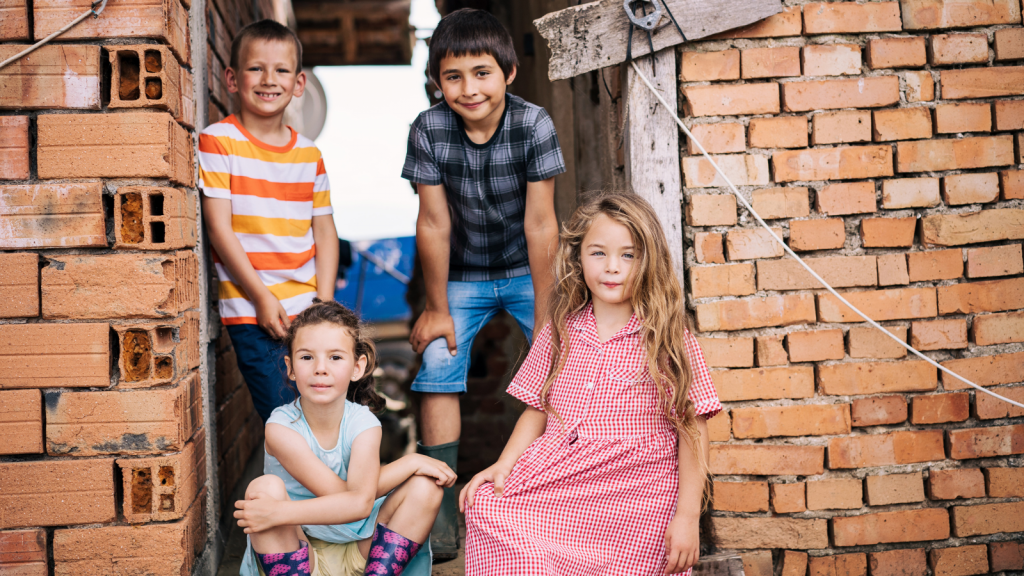Poverty and mental health problems in children and families: the two sides of the same coin

In 2022, the poverty risk rate increased in Portugal. According to the national statistics, 17% of Portugal’s population lived on net incomes of less than 591 euros, 0.6 % more than in 2021. However, 20.7% of children lived in poverty, 2.2% more than in 2021.
Poverty is a well-known risk factor for mental health problems as it restricts access to the economic, social and personal resources necessary for a healthy life. This restriction reversibly affects behaviour and diversity of psychological and cognitive processes. Thus, people with lower incomes are more often exposed to risk factors and unhealthy lifestyles. Exposure to adverse events in childhood is one of the ways by which poverty and deprivation of resources affect mental health. Poverty is often associated with other conditions of vulnerability: to be a child in a situation of social vulnerability is sometimes to have also no family, to live in separated families, to be exposed from an early age to domestic violence, illicit trafficking or drug addiction, to be looked down upon, to live in permanent insecurity, to have low self-esteem and to lack reasons and stimuli to nurture dreams of a hopeful future. Exposure to these adverse experiences during childhood is strongly associated with the development of mental health problems throughout life.
The role of public policies in tackling poverty and preventing mental health issues in children
In addition to being a violation of fundamental human rights, the failure to eradicate poverty among children is a double tragedy. Firstly, for the children whose jeopardized physical, intellectual, mental and moral development compromises their future; and secondly, for the society which transfers social costs to future generations by not preserving and developing its human capital.
Therefore, an effective strategy to tackle poverty must take into account the promotion of mental health precisely because the population’s mental health also depends on a reduction of situations of precariousness, poverty and exclusion, particularly among children and young people.
We believe that there should be strategic priorities in public policies aiming to promote the health and well-being of children and young people and to reduce the intergenerational transmission of poverty and exclusion. For instance, the revitalization of the early childhood intervention model and the set of educational, social and health interventions, including mental health, to respond to the early and contingent needs of babies, children and families. This model stems from the crucial impact of the first 1,000 days of a baby’s life (9 months of gestation and the first 2 years of life outside the womb) on their development, and the risks due to early exposure to situations of significant stress.
Other strategies would be to generalize access to quality educational settings for babies and children from 0 to 3 years old and invest in professional development programs for teachers strongly committed to reducing inequalities and strengthening the ability to respond to situations of greater vulnerability. Finally, improving the quality of residential care and reinforcing the mechanisms for domestic violence and mitigating traumatic situations.
Let’s Talk About Children in Portugal
The recognition that mental health problems in children and families are both a cause and consequence of situations of social vulnerability motivated the University of Coimbra to implement the European project “Let’s Talk About Children” in Portugal. This project, which began in 2023, will enable those who work closely with children and young people, such as teachers, educators, and health and social workers, to acquire new skills to work with families, recognizing their psychosocial needs early on. There is an increasing need for joint action of various stakeholders in society in their commitment to preventing and reducing exposure to poverty and exclusion of children and young people.

Tiago Pereira, Psychologist
Paula Duarte, Coordinator of the Portuguese Child Support Institute – Coimbra section
Joaquim Cerejeira, Professor of Psychiatry at the Faculty of Medicine of the University of Coimbra / Coordinator of the Let’s Talk About Children project in Portugal)
Original post in Portuguese published on the 22nd of February on the Diário de Notícias.
